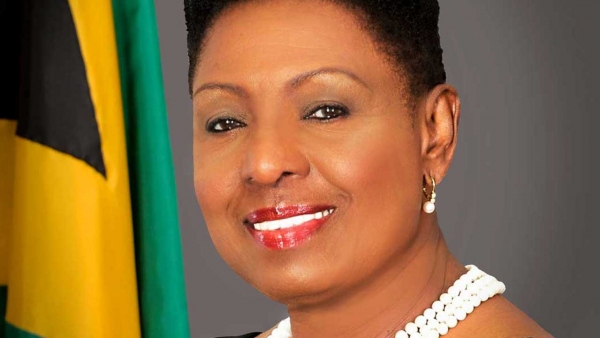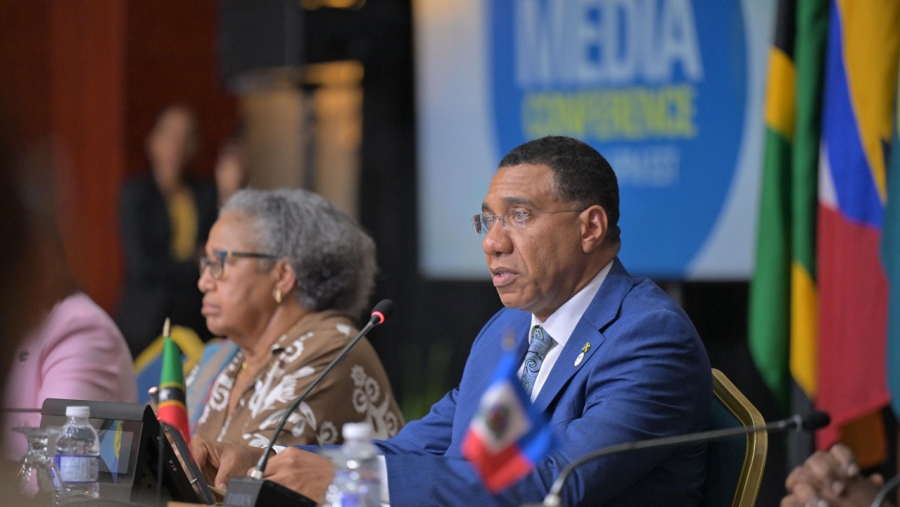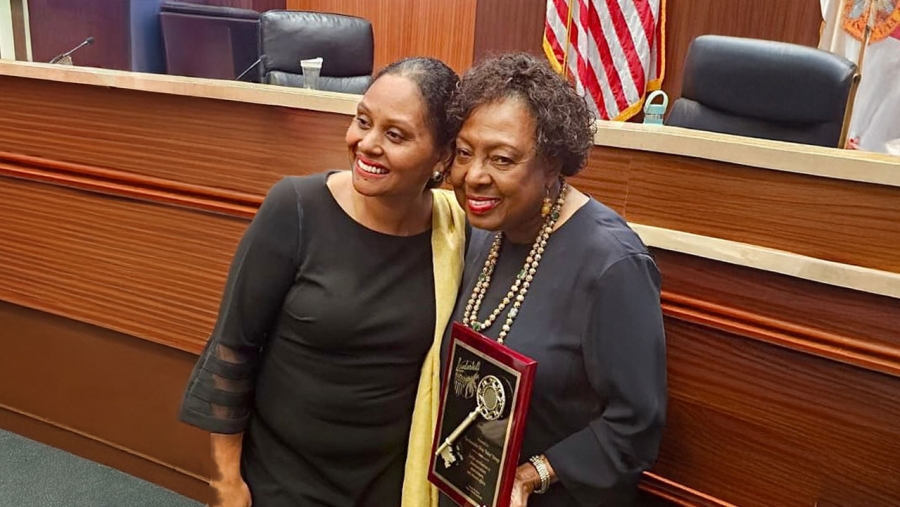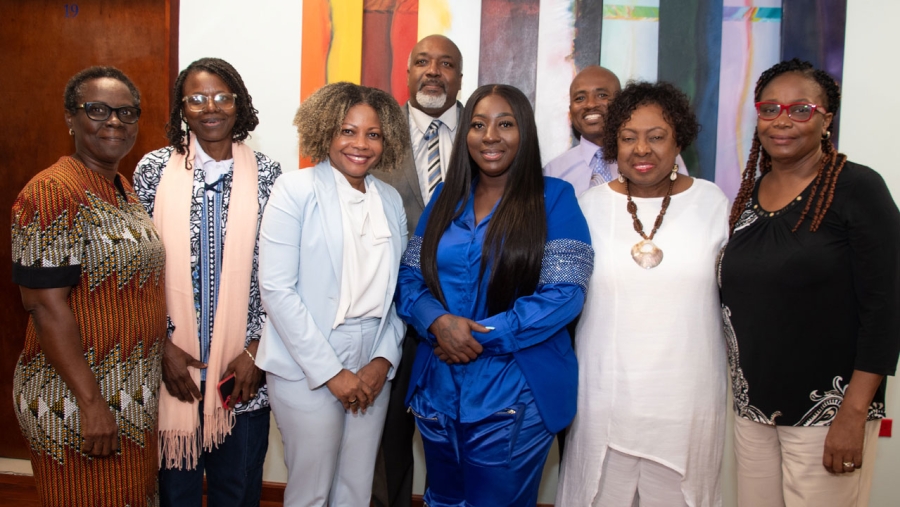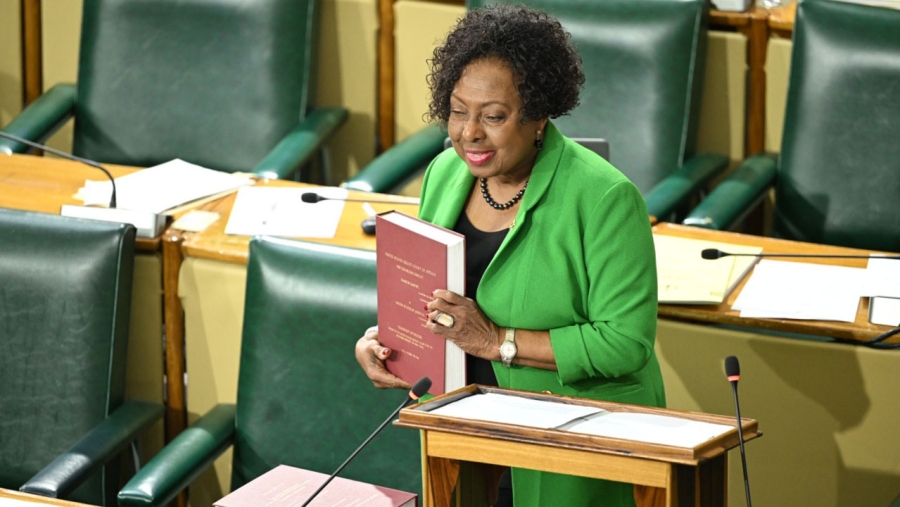Kingston, 25 January 2021 (JIS): Culture, Gender, Entertainment and Sport Minister, the Honourable Olivia Grange, is calling for the urgent implementation of reparations for Africans and people of African descent affected by racial injustice.
She said that reparations should address the moral, economic, political and legal obligations of States in relation to past and present atrocities rooted in slavery and colonialism, such as racial discrimination, xenophobia and racial intolerance.
“Providing reparations for slavery and colonialism requires that States not only fulfil remedial obligations resulting from specific historical wrongful acts but also to transform contemporary structures of racial injustice, inequality, discrimination and subordination that are the product of the centuries of racial machinery built through slavery and colonialism,” she noted.
Minister Grange was addressing a webinar in commemoration of World Day for African and Afro-descendent Culture on Sunday (January 24) held under the theme ‘People of African Descent: Defamation, Race Relations, and Development Institutions’.
The webinar was hosted by the Ministry of Culture, Gender, Entertainment and Sports and the Jamaica National Council on Reparation.
Minister Grange said that a structural approach to providing reparations for slavery and colonialism under public international law and international human rights law is necessary.
She encouraged UNESCO to work even more closely with the National Council on Reparation and similar entities “to promote measures to address inherent imbalances in our historic and current social and economic landscape”.
Participants in the virtual event included State Minister in the Ministry, the Honourable Alando Terrelonge; Chair of the National Council on Reparation, Laleta Davis Mattis; Director and Representative of UNESCO, Sadia Sanchez-Vegas, among others.
Observed annually on January 24, World Day for African and Afro-descendant Culture celebrates the many vibrant cultures of the African continent and African diaspora around the world and promotes them as agents for sustainable development, dialogue and peace.
END
 Government of Jamaica
Government of Jamaica
